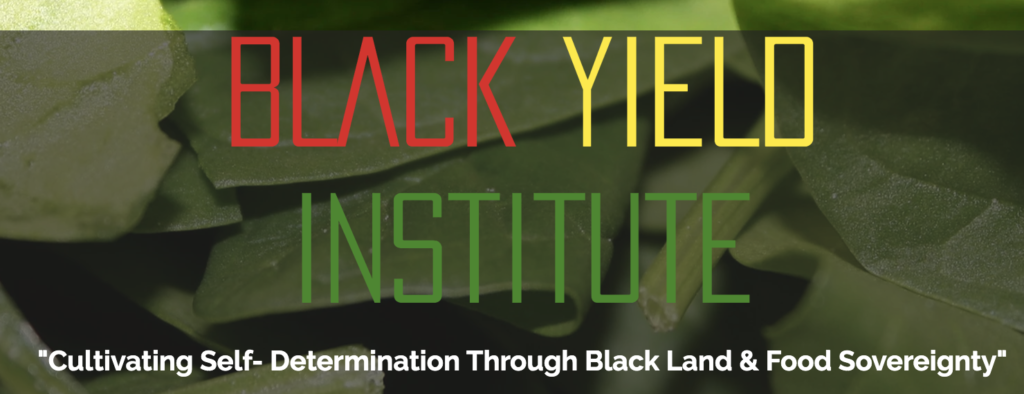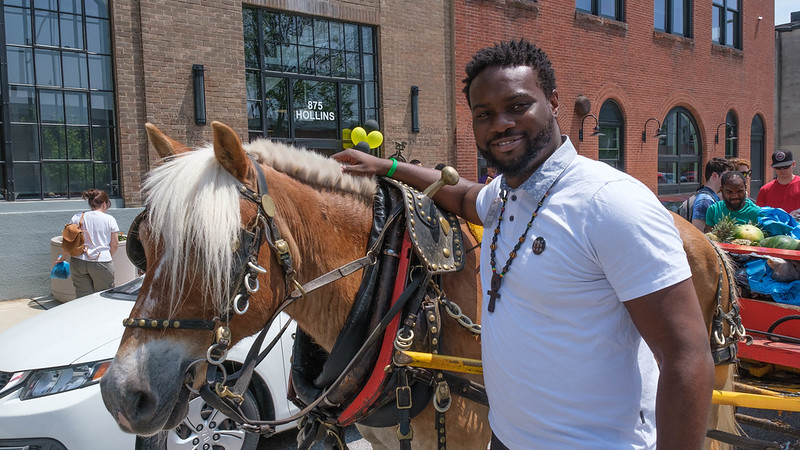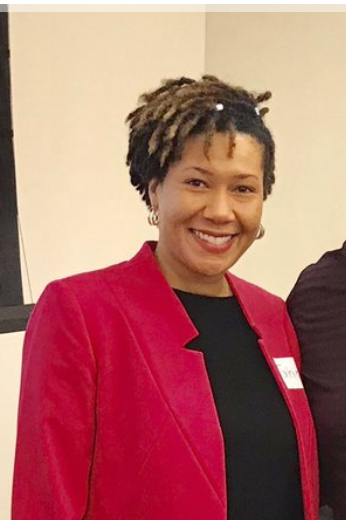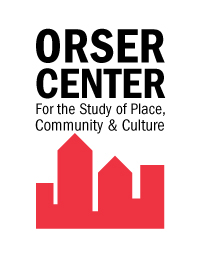Summer 2021 BALTIMORE FIELD SCHOOL
The summer 2021 Baltimore Field School, a humanities-based training intensive, will create a framework for faculty and graduate students to collaborate with community organizations in developing methods for ethical research and teaching projects focused on public humanities in Baltimore. The project is supported by a grant from The Andrew W. Mellon Foundation. The pilot Baltimore Field School will run for two weeks in summer 2021. All UMBC faculty and graduate students working in the humanities are eligible to apply. The field school will have approximately 12 participants from UMBC. Participants should be interested in publicly engaged research and programming in Baltimore. All field school participants will be paid a stipend of $3,000 and lunch will be provided during the field school summer institutes. The field school will be based at the CAHSS downtown classroom at the Lion Brothers Building in Southwest Baltimore, and participants will be working in the field in South and Southwest Baltimore.
PRIMARY FIELD SCHOOL PARTNERS
Eric Jackson and Black Yield Institute
Black Yield Institute is a Pan-African power institution based in Baltimore, Maryland, serving as a think tank and collective action network that addresses food apartheid. Since our beginning in November 2015, we have worked collaboratively with black people and entities, along with other institutions, in pursuit of Black land and food sovereignty. We are to build independent power by establishing an action network and serving as an incubator for ideas and projects. We are unapologetically a Black-led institution, utilizing Afrocentric, Pan-African, and human rights frameworks to anchor our thought and works toward liberation through food.

Eric Jackson is an organizer, educator, and filmmaker, humbly serving as the visionary and a co-founder of Black Yield Institute, committed to building a movement toward Black Land and Food Sovereignty in Baltimore. Currently, he and his team, are committed to a 1.25 acre urban agriculture operation and building a cooperatively-owned grocery store in South Baltimore, while also conducting Black-led research, facilitating political education, and organizing an action network. Eric has over a decade of experience working in and with communities operating programming and helping people to build power and address a myriad of issues, including food inequities. A Baltimore native from the Cherry Hill Community, Eric is the recipient of numerous awards and a public speaker who has presented hundreds of addresses and workshops to diverse groups about food sovereignty, building power, and establishing strong organizations to address complex social issues, specific to people of African Descent. He is affirmed in and secured this work through the love of his family and friends, especially the brilliance of his Queen, Diara, and four children, Oryan, Erian, Amir, & Kamau!
Curtis Eaddy and Southwest Partnership
The Southwest Partnership envisions an awesome, healthy, architecturally beautiful, diverse, cohesive community of choice built on mutual respect and shared responsibility. We embrace all diversity: from race, gender, and sexual orientation to economic, education, and housing choice. Our diversity is our strength. The Southwest Partnership aims to maintain this vision through productive land uses and partnerships that will maintain a cohesive community. We partner with our neighbors, surrounding communities, city government, area institutions, and businesses, knowing that when we take the right road together, and with integrity, everyone will benefit. The Southwest Partnership is a coalition of seven neighborhood associations and six anchor institutions in Southwest Baltimore. We work together to build awesome communities in the Southwest Partnership Area: the neighborhoods of Barre Circle, Franklin Square, Hollins Roundhouse, Mount Clare, Pigtown, Poppleton, and Union Square.

Curtis Eaddy was born in Baltimore and raised in Poppleton. He is a community artist and a Hip Hop DJ and Emcee, who has been programming events for more than ten-years. As a student at Frostburg State University, he founded an Arts & Entertainment campus-organization to provide diverse cultural events to unite a non-diverse college-community. After graduating, he returned to Baltimore and continued organizing for public events in Baltimore City Public Schools, and non-profit organizations (College Bound Foundation, Reginald F. Lewis Museum). His passion for community development brought him to the Southwest Partnership. His plan as Marketing and Events Manager is to identify opportunities for and develop new events to help bridge the disconnect between the neighborhoods in the community. Curtis is responsible for supporting and publicizing community events and marketing the Southwest Partnership and the neighborhoods.
Project Evaluator/Assessor

Dr. Tahira Mahdi is a community psychologist and consultant based in the Baltimore-Washington, DC region. Tahira develops and facilitates workshops and presentations for community programs, businesses, organizations, and college/university students and personnel regarding internal & external community matters, equity & diversity, and research & evaluation.
The Baltimore Traces: Communities in Transition project was funded by an internal university grant and debuted in spring 2015 as a collaborative teaching endeavor to document and create media focused on Baltimore neighborhoods. Baltimore Traces courses expanded research on history and deindustrialization to connect to redevelopment initiatives such as the emergence of arts districts and the redevelopment of the city’s public markets. All of the project’s media, which also includes digital maps, films, and zines, are archived on the Baltimore Traces website: https://baltimoretraces.umbc.edu/.
“Preserving Places, Making Spaces” develops research projects, seminars, and public humanities programming for historic but overlooked places in Baltimore. The central theme of the project is that preserving places through interpretation and public programming creates social space—the room for people and perspectives to come together. This theme is connected to the traditional preservation model of rehab and adaptive reuse, as well as the goals of public history to encourage dialogue, discussion, and civil engagement. To preserve places is to recognize their histories and the relationships or attachments people have formed with the built environment over time. A sense of place derives from people giving the physical environment personal meaning. In the most basic sense, to preserve the past stories of places is to create the space for new usages and new stories.
In fall 2012 Professor Nicole King’s third iteration of AMST 422: Preserving Places, Making Spaces in Baltimore course partnered with Steve Bradley’s ART 390: IRC Fellows course to document the cultural history and produce multimedia art projects focused on the Baybrook community. For more information, see the Breaking Ground blog by AMST 422 student Collin Wojciechowski on the fall AMST 422 project or the Orser Center blog entries on the 2012 and 2011 course projects.
A “Preserving Places, Making Space” project, “Mapping Baybrook” is an interdisciplinary exploration of place that uses digital mapping to illustrate research on the history and culture of an industrial community in Baltimore, Maryland referred to as Baybrook—a merging of the names of two neighborhoods, Brooklyn and Curtis Bay. This community is a mix of diverse but connected neighborhoods located along the southeast coastline of Baltimore City. The Greater Baybrook area includes the past and present neighborhoods of Brooklyn, Curtis Bay, Fairfield, Hawkin’s Point, Masonville, and Wagner’s Point. The story of Greater Baybrook reflects the tenacity of a community striving for sustainability in the boom and bust of U. S. industrial development. For more information, visit the “Mapping Baybrook” website. Mapping Baybrook is a collaborative project of Professors Steve Bradley (Visual Arts, UMBC) and Nicole King (American Studies, UMBC) with the Imaging Research Center (IRC) at UMBC. This project has been supported by a Dresher Center for the Humanities Summer Faculty Fellowship, 2010; an Imaging Research Center/College of Arts, Humanities and Social Sciences IRC/CAHSS Summer Fellowship, 2011; and a Breaking Ground Grant all from UMBC.
The Post-Industrial Places Project (PIPP) illustrates how the successes and failures of urban industrial development, and the subsequent transition to post-industrialization, contribute to our understanding of America’s historic places and their enduring legacies. A central theme of this proposal is that examining the history and significance of places through virtual mapping and public humanities programming creates social space—the room for diverse people and perspectives to come together. The project explores changes that have occurred in communities throughout American industrialization, with a focus on the stories and memories of the working-class individuals who brought these places to life. A key objective of the work is to document, preserve, and safeguard the history and memories of overlooked industrial places while incorporating their stories into the larger context of urban space, American history, and the future of urban development.
PIPP brings together two successful public programs at UMBC focused on post-industrialization—“Mapping Baybrook” (Bradley & King) and “Mill Stories” (Michelle Stefano, AMST & Bill Shewbridge MCS, New Media Studio). Through the use of virtual mapping, face-to-face programming we are creating a diversity of spaces where people can come together to view and discuss the effects of deindustrialization.
Explore Baltimore Heritage
Explore Baltimore’s many unique historic places and take self-guided tours of Baltimore neighborhoods: Mount Vernon, Station North, West Baltimore and more! Each point on our interactive map tells a story about Baltimore’s past along with historic images from archives and libraries across the Baltimore region. Visit our website or connect with us on Facebook to learn more about our projects and programs.
Explore Baltimore Heritage is a collaborative project with stories developed by Baltimore Heritage staff and volunteers. Baltimore Heritage is a citywide nonprofit dedicated to preservation advocacy and heritage education.
Contact Baltimore Heritage through our website or reach our project manager Eli Pousson directly at [email protected] or 301-204-3337.
Explore Baltimore Heritage partners include the Baltimore Museum of Industry, Enoch Pratt Free Library – Maryland’s State Library Resource Center, the Maryland Historical Society, the University of Baltimore Langsdale Library Special Collections, the UMBC Albin O. Kuhn Library & Gallery Special Collections and others.
With help from a Breaking Ground Grant, Denise Meringolo’s Practices in Public History course partnered with Baltimore Heritage to add content to the Explore Baltimore Heritage website. For more information on this project, visit this Breaking Ground blog.





